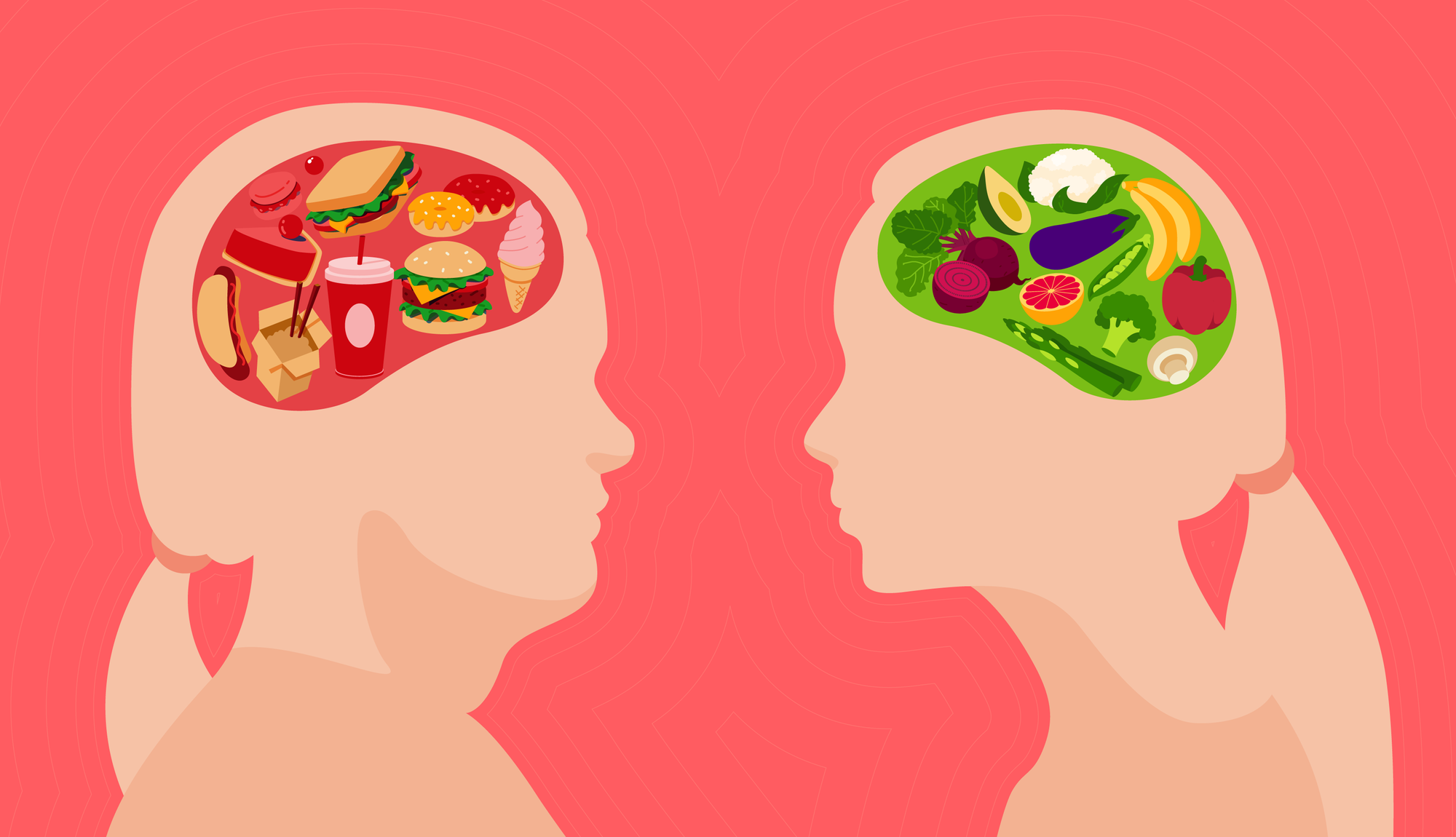Good nutrition is not only essential for our physical health but also plays a crucial role in our mental well-being. The food we consume affects our brain chemistry and can have a significant impact on our mood, cognition, and overall mental health. In this article, we will explore the connection between nutrition and mental health and discuss some key aspects that can help us maintain optimal psychological well-being.
The Gut-Brain Connection
Did you know that there is a strong connection between our gut and brain? The gut-brain connection, also known as the gut-brain axis, refers to the communication network that exists between our gastrointestinal system and the brain. This bidirectional pathway allows these two organs to send signals to each other, impacting our mood, emotions, and behavior.
The Role of Nutrients in Mental Health
1. Omega-3 Fatty Acids: Omega-3 fatty acids are a type of essential fats that play a crucial role in brain health. They are commonly found in fatty fish like salmon and mackerel, as well as in walnuts and flaxseeds. Research has shown that omega-3 fatty acids can help reduce symptoms of depression and anxiety, improving overall mental well-being.
2. B Vitamins: B vitamins, including folate, vitamin B6, and vitamin B12, are important for the production of neurotransmitters like serotonin and dopamine, which are involved in regulating mood. Foods rich in B vitamins include leafy greens, legumes, eggs, and lean meats.
3. Antioxidants: Antioxidants, such as vitamin C, vitamin E, and beta-carotene, help protect our brain cells from oxidative stress, which can contribute to mental decline. Fruits, vegetables, nuts, and seeds are excellent sources of antioxidants.
The Impact of Diet on Mental Health
1. Mediterranean Diet: The Mediterranean diet, rich in fruits, vegetables, whole grains, legumes, nuts, and healthy fats like olive oil, has been associated with a lower risk of depression and cognitive decline. This diet promotes the consumption of nutrient-dense foods while limiting processed foods and refined sugars.
2. Sugar and Mood: High sugar consumption has been linked to an increased risk of depression and anxiety. A diet high in sugary beverages and processed foods can lead to blood sugar spikes and crashes, negatively impacting our mood and energy levels.
3. Gut Health: As mentioned earlier, the gut-brain connection is instrumental in mental health. Consuming a diet rich in fiber, prebiotics (found in foods like onions, garlic, and bananas), and probiotics (found in fermented foods like yogurt and sauerkraut) can support a healthy gut microbiome, which in turn can positively influence our mood and cognition.
Tips for a Healthy Mind through Nutrition
1. Eat a Balanced Diet: Aim to consume a variety of nutrient-dense foods from all food groups to ensure you are getting a broad range of essential nutrients for optimal brain health.
2. Stay Hydrated: Dehydration can affect cognitive function and mood. Make sure to drink enough water throughout the day, as it is essential for brain health.
3. Limit Processed Foods: Minimize your intake of processed and refined foods, as they are often high in unhealthy fats, sugars, and artificial additives, which can negatively impact your mental well-being.
4. Practice Mindful Eating: Slow down and savor your meals. Pay attention to the taste, smell, and texture of the food you are eating. Mindful eating can help improve your relationship with food and increase your overall satisfaction.
5. Seek Professional Guidance: If you have specific dietary needs or concerns, it is always advisable to consult with a registered dietitian or healthcare professional who can provide personalized guidance based on your unique circumstances.
Conclusion
It is evident that nutrition plays a vital role in maintaining good mental health. By choosing nutrient-rich foods and adopting healthy eating habits, we can positively impact our brain chemistry, mood, and overall well-being. Remember to prioritize your mental health alongside your physical health and seek professional guidance whenever necessary.


